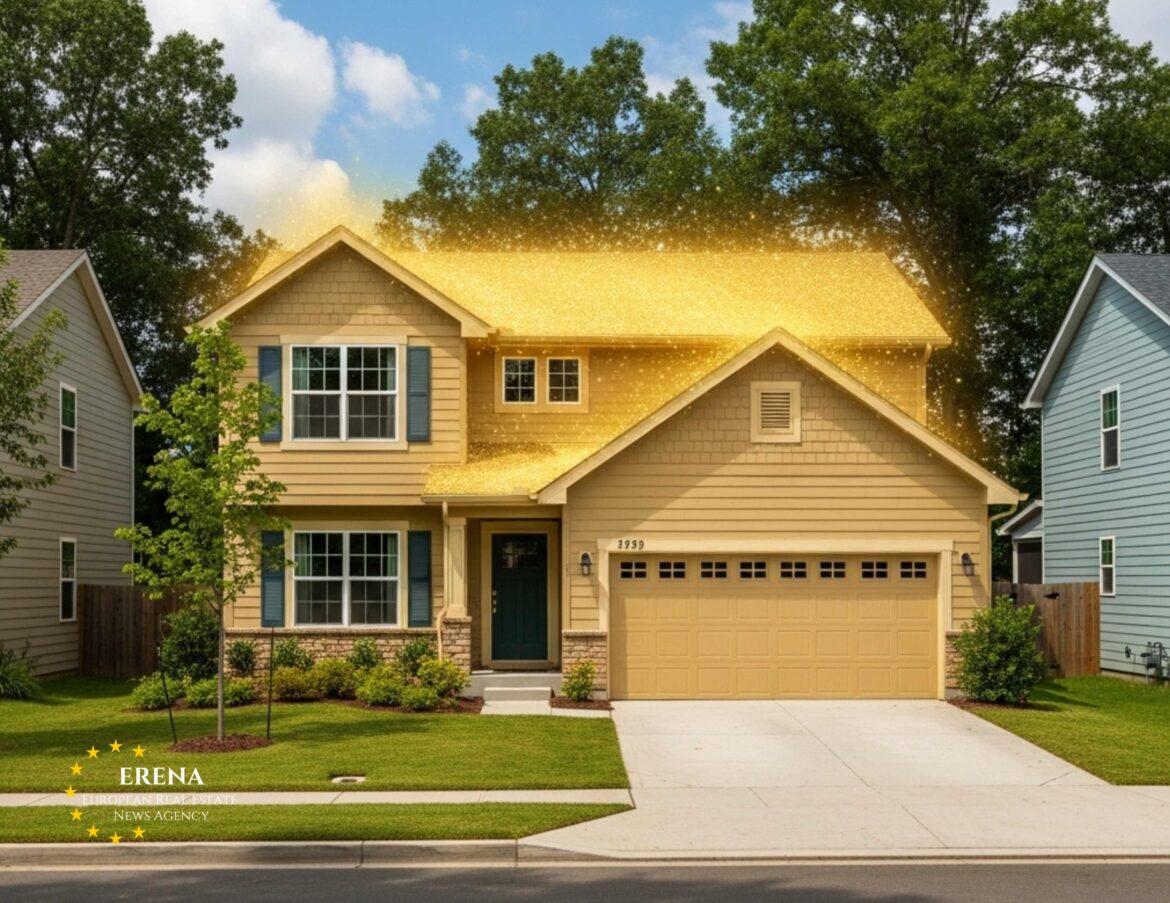Buying your first home is one of the most significant financial decisions in life. For many, it symbolizes adulthood, stability, and independence. However, an increasingly common question is whether a starter home can also be considered an investment asset—something that can generate returns or become a key component of a long-term financial strategy. The answer depends on various factors, including market conditions, individual goals, and the management approach.
What Is a Starter Home?
A starter home typically refers to the first property purchased by a young family or an individual. These homes are usually affordable, modest in size, and located in accessible neighborhoods that align with limited budgets.
The primary purpose of a starter home is to offer an entry point into property ownership without causing excessive financial strain. Yet, in today’s market—marked by price surges, economic volatility, and evolving lifestyle preferences—starter homes are more frequently seen not just as places to live but as potential financial assets.
Real Estate as an Investment: Key Indicators
To consider a property as an investment, it should meet at least one of the following criteria:
- Appreciation in value over time – a rise in the market price relative to the purchase cost.
- Rental income – if the property can be rented out for steady cash flow.
- Tax benefits – eligibility for mortgage interest deductions, depreciation, and maintenance-related write-offs.
- Renovation or repurposing potential – enhancing value through improvements or strategic use.
Even though starter homes are often bought for personal use, with the right approach, they can function as investment vehicles.
How to Turn a Starter Home into an Investment Asset
1. Choose the Right Location
Location is one of the most critical factors in a property’s investment potential. Selecting a neighborhood with emerging infrastructure, ongoing development, growing employment, or improving transit can increase the odds of future appreciation.
For example, buying a small apartment in an area expecting a new metro station, shopping center, or university could lead to value growth. Location also affects future resale prospects and rental demand.
2. Evaluate Rental Potential
Even if you don’t plan to rent the property immediately, it’s wise to assess its rental viability. Look into local demand, average rental prices, and seasonal trends.
Proximity to business districts, universities, or tourist spots can be a positive indicator. In the future, you might be able to rent the entire unit or a portion of it—especially if it features a separate entrance or studio-like layout.
3. Invest in Smart Improvements
Minor upgrades can significantly boost your property’s market value. For budget starter homes needing some TLC, cost-effective renovations—like updating bathrooms, kitchens, flooring, or lighting—can enhance appeal and value.
Think of improvements not as expenses, but as strategic investments that increase the property’s resale or rental income potential.
4. Maintain Financial Discipline
If you’re financing the home with a mortgage, ensure you get the best loan terms possible—low interest rates, minimal fees, and options for early repayment. Lower debt means higher equity and better returns over time.
Track all property-related expenses (utilities, maintenance, taxes, insurance) to understand your total costs and actual profitability.
Risks to Consider
Not every starter home turns into a profitable investment. Potential risks include:
- Market downturns or stagnation – falling demand or economic shifts may reduce your property’s value.
- Overcapitalization – spending too much on renovations relative to market appreciation.
- Low rental demand – regulations or weak tenant interest can make renting difficult or unprofitable.
- Interest rate hikes – which may affect your cost of borrowing and dampen resale prospects.
Liquidity is another concern. Real estate is not always easy to sell quickly without compromising price—especially in slow markets.
Real-World Examples
In many countries—such as Germany, Poland, Spain, and Ukraine—starter homes are often acquired with an eye on future resale or rental opportunities. For instance:
- In Warsaw, buyers who purchased apartments in Praga-Północ or Ursus five years ago have seen price increases of 30–50% thanks to local infrastructure growth.
- In Barcelona suburbs, many starter homes are used for short-term tourist rentals, generating €800–€1,200 per month—significantly more than standard leases.
- In Kyiv, small apartments near universities remain in high demand from students, offering rental yields of up to 10% annually on relatively low investment.
Is It the Right Strategy for You?
Before treating your starter home as an investment, ask yourself:
- Am I prepared to hold the property long term and invest in its upkeep?
- Do I have emergency funds if the market declines?
- Am I familiar with local rental laws and regulations?
- Do I want passive income or long-term capital growth?
If you answer “yes” to most of these, then you’re likely thinking like a real estate investor.
Conclusion
A starter home can be more than just a place to live—it can serve as a valuable financial asset. The key is in your approach: choosing the right property, managing it wisely, and aligning your housing decisions with broader financial goals.
If you’re open to viewing your home as part of your investment portfolio, start by analyzing the market, speaking to professionals, and assessing your risk tolerance. Your first home might just be the launchpad to broader financial success.

